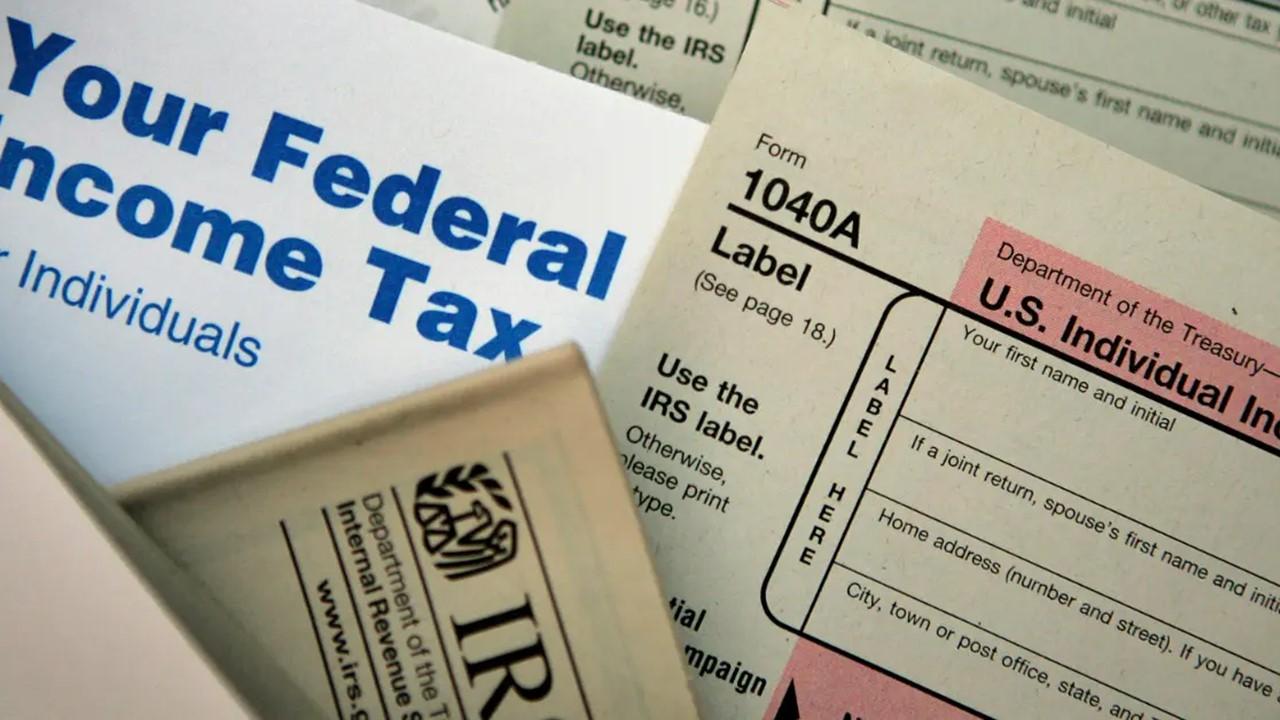What Tax Credits Are Available for the 2020 Tax Year?
What tax credits are available for 2020? Read about tax credits for family, dependents, income, savings, homeownership, health care, and education.
March 22 2021, Published 3:25 p.m. ET

If you’re wondering what tax credits are available for the 2020 tax year, the IRS has both credits and deductions for individuals listed on its website.
As the agency explains, tax credits reduce the amount of tax you owe and might even grant you a refund. Meanwhile, tax deductions reduce your taxable income.
Here are the details for some tax credits currently listed on the IRS.gov website.
Family and dependent credits

- Recovery Rebate Credit: The IRS says most individuals eligible for this rebate have already received the full amount across two Economic Impact Payments. Those who didn’t receive their full payments, however, can file a 2020 tax return to claim this credit.
- Earned Income Tax Credit: This tax break applies to low-income and moderate-income workers and their families.
- Child and Dependent Care Credit: Taxpayers might be eligible for this credit if they pay someone to care for a dependent under the age of 13 or for spouses or dependents unable to care for themselves.
- Adoption Credit: This credit is a tax break for eligible taxpayers with expenses or income related to child adoption efforts.
- Child Tax Credit and Credit for Other Dependents: The CTC (Child Tax Credit) is a tax credit for individuals with children as dependents under certain conditions, up to $2,000 for each child. The ODC (Credit for Other Dependents) is a credit up for individuals with dependents under certain conditions, up to $500 per dependent.
- Credit for the Elderly or Disabled: This credit applies to certain individuals who were 65 or older at the end of the tax year or who received taxable disability benefits during the tax year.
Income and savings credits
- Saver's Credit: Taxpayers who contribute to an IRA or an employer-sponsored retirement plan might be eligible for this credit.
- Foreign Tax Credit: Those who have paid or accrued taxes to a foreign country or U.S. possession for the same income subject to U.S. tax might be eligible for this credit.
- Excess Social Security and RRTA Tax Withheld: According to the IRS, you might be eligible for this credit if you had more than one employer and you had too much Social Security tax or Tier 1 Railroad Retirement Tax Act tax withheld.
- Credit for Tax on Undistributed Capital Gain: This credit might be applicable if you received a Form 2439: Notice to Shareholders of Undistributed Long-Term Capital Gains.
- Non-refundable Credit for Prior Year Minimum Tax: Individuals, estates, and trusts can use Form 880 to determine any minimum tax credit for AMT (alternative minimum tax) incurred in prior years.
Homeowner credits, health care credits, and education credits
Other credits the IRS lists include the Residential Energy Efficient Property Credit, the Low-Income Housing Credit (for Owners), the Premium Tax Credit, the Health Coverage Tax Credit, the American Opportunity Credit and Lifetime Learning Credit.
Taxpayers can refer to IRS.gov for more information about these credits and all tax credits and deductions for individuals. The agency maintains a separate list for credits and deductions for businesses.
